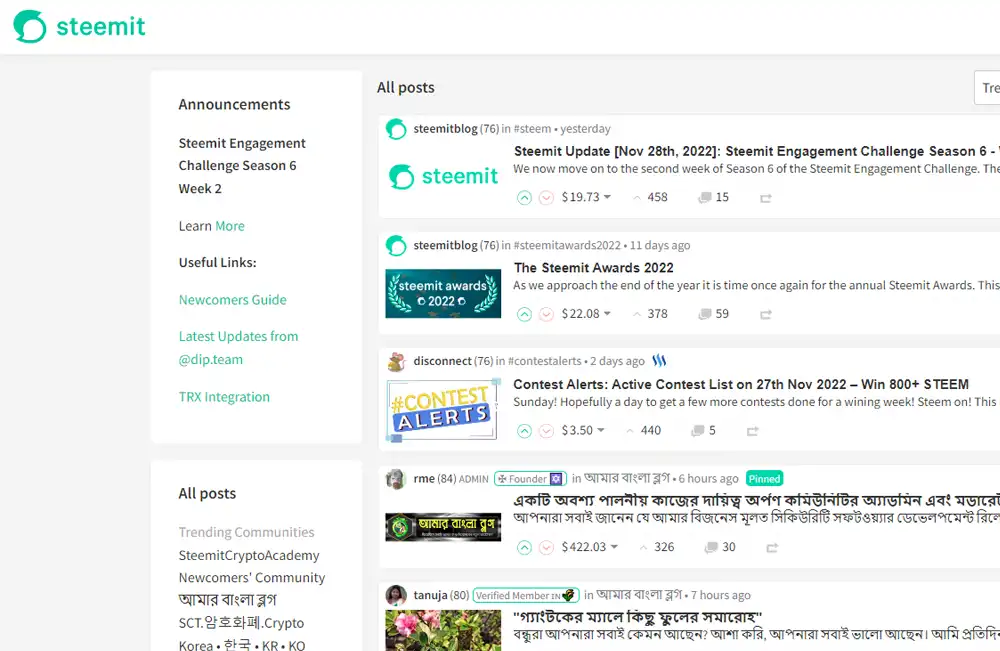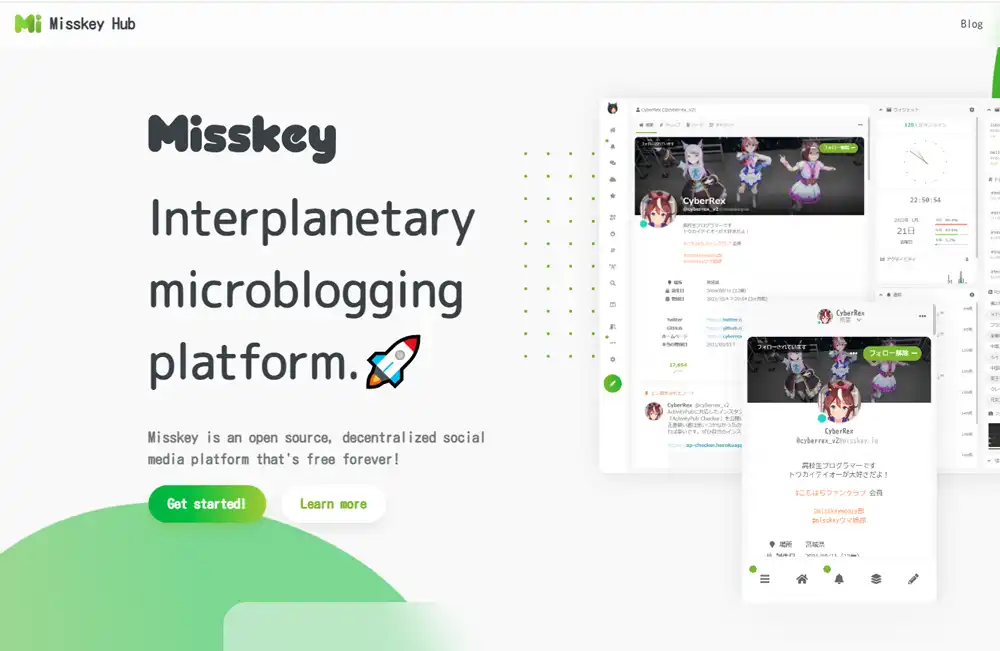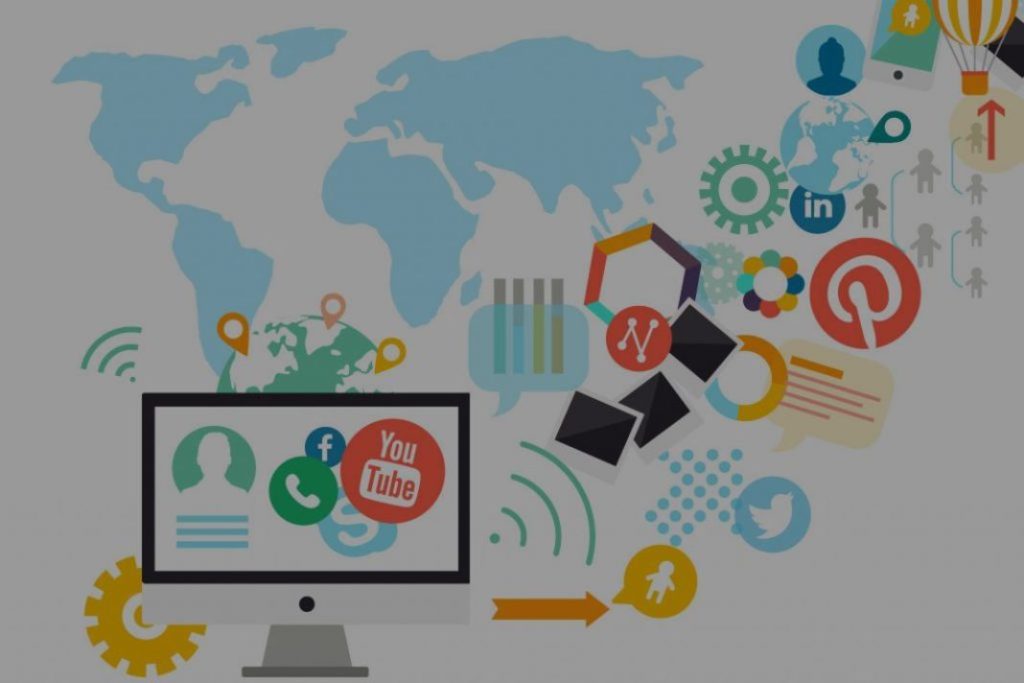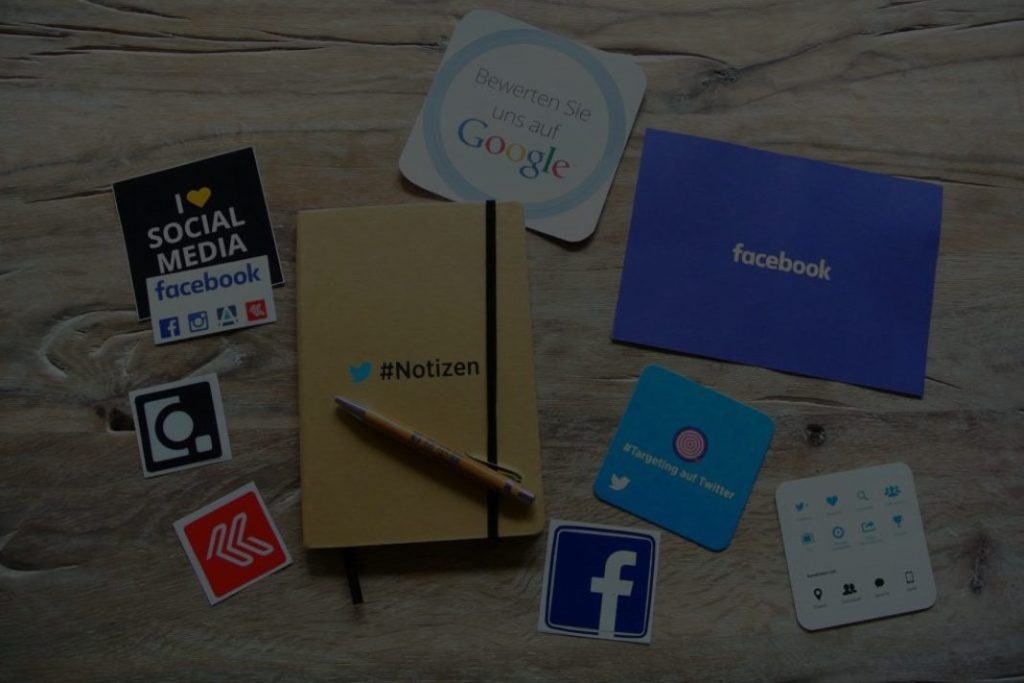What is Decentralized social media?
Now is the right time to switch to a decentralized social media network from a traditional one to save from hacking and data breaches.

Introduction:
Social media has brought forth a new meaning to building community relationships, fostering social ties, sharing ideas, and connecting to like-minded people across the globe. It is fair to say that social media platforms have become a way of life. No wonder over half the world’s population is currently on one or the other social media platforms. But as the famous saying goes, everything comes with a price. And the price users are paying is too costly to endure.
It was only in 2021 that Facebook Leak plagued social media users, whereby the personal information of over 553 million Facebook users was exposed from 106 countries. One minute you think all your personal information is safe, and the very next moment, your details are sold to third-party websites. In 2021 alone, the world saw over 1800+ major data breaches registering a 68% increase from 2020. Even social media giant LinkedIn was not spared and saw the personal details of over 700 million users hacked and posted on a dark web forum by a hacker under the alias of God User. Such threats are inevitable with traditional social media platforms.
In comes Decentralized Social Media platforms, built and designed on blockchain to safeguard user data in the safest way possible. Apart from giving precedence to user data privacy, Decentralized Social Media platforms offer a host of other features as opposed to centralized social media platforms. The adoption of these social platforms is slow. But with increasing data breaches and the threats that centralized social media pose, Decentralized Social Media platforms are on the rise, keeping the ethics of community relationships intact.
What is Decentralized social media?
Also known as federated networks, decentralized social media networks run on independent servers and nodes. Being an open-source platform decentralized social media is designed and built on blockchain, allowing the storage of user data independently. Allowing data transparency, users can view data on the network in real-time. Social media networks empower users with more control as individuals can set up their servers and network. They can delineate the rules of engagement, moderate how it operates and set the terms of viewing and engaging.
Such autonomy gives the user more control over the networks meaning no dependency on third-party corporations. Each decentralized social media network is interconnected, making up the fediverse, a term used to define interconnected servers used for blogging or networking. This facilitates cross-platform alignment, something your conventional social media platforms do not allow.
Because these decentralized social media platforms are built on blockchain, these networks have removed the central point of control (as the name suggests, “Decentralized”) and given absolute autonomy to independent server owners. As a result, decentralized social networks encourage a more collaborative and democratic approach, enhancing the true meaning of social networking.
What are some of the best Decentralized social media platforms?
Now take back control over social media, express your thoughts freely, protect your data & privacy, earn crypto rewards, and limit the spread of misinformation with these top trending decentralized social media platforms. Serving more than mere alternatives, these platforms are becoming the mainstream choice for networking.
- Minds: Registering over 6+ million users, 8+ million conversations, and 5+ million crypto rewards worldwide, Mind comes with a “Build your Algorithm” feature where users can decide how their algorithm should work and not get restricted to what the platforms want them to do.
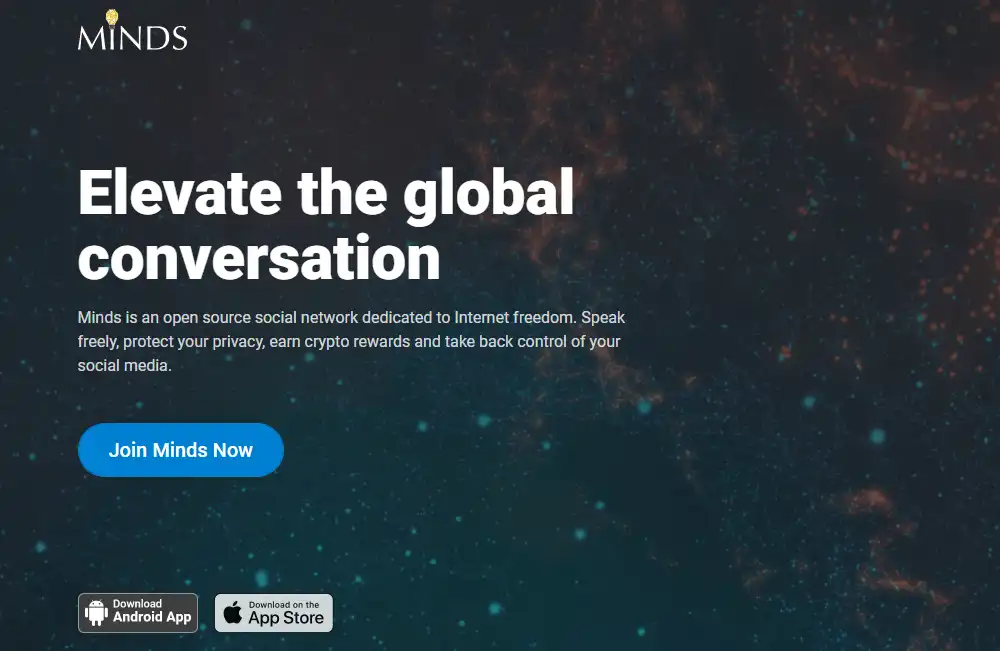
- Pixelfed: Serving as one of the premium alternatives to Facebook, Pixelfed features chronological feeds with 8 million ActivityPub users on the platform.
- Mastodon: Mastodon is the largest, open-source decentralized microblogging network, an alternative to Twitter. By 2022, Mastodon has registered 250,000 active monthly users.
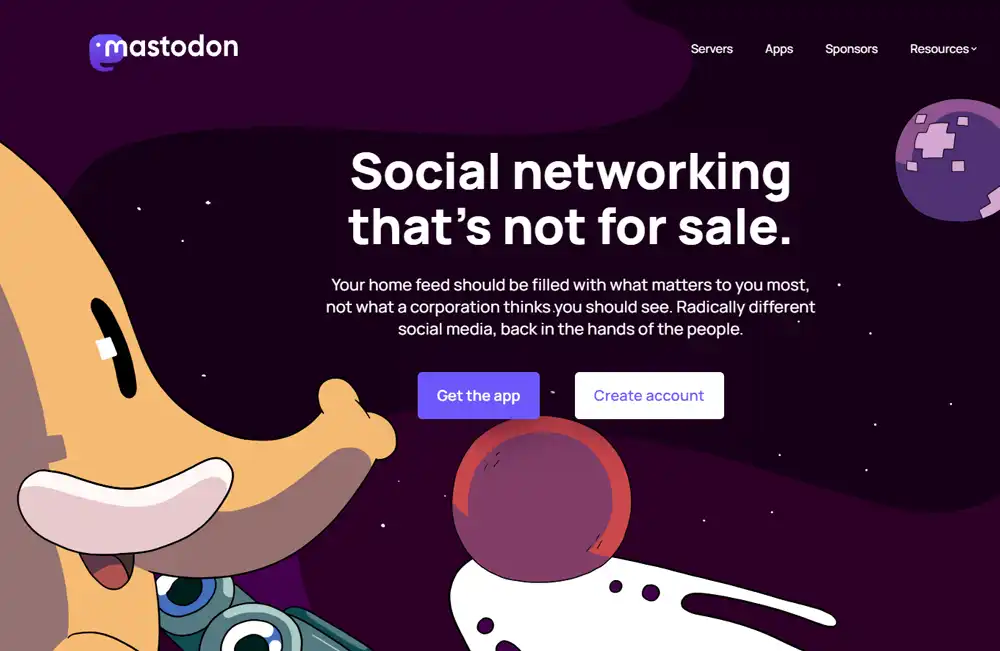
- Steemit: A blogging and social media network based on blockchain, Steemit features Bitcoin rewards for its users.
- Misskey: Misskey is an advanced interplanetary microblogging platform where users can write, share attachments, communicate, interact, and connect to other services as a decentralized & open-source platform.
Why do we need Decentralized social media?
Conventional centralized social media networks offer resistance to regulations and community standards. Spread of misinformation, cyberbullying, limited user control, censorship, and data breaches are the challenges of centralized social media. Here are the following reasons why decentralized social media is the need of the hour:
- Giving users the ultimate control: Unlike your conventional social media platforms, decentralized social media networks provide full autonomy to individual users. Users can build their servers, set standards and community guidelines as per their specifications, and manage the functioning of the server entirely.
- Cross-platform alignment: The decentralized social networks are interconnected known as fediverse, which allows sharing across platforms. Imagine sharing an Instagram post to your Twitter account!
- Heightened security: Because decentralized social media platforms are designed on the blockchain, these independent servers and nodes provide improved security for the stored data of the users, making them resistant to hacks.
- Freedom of expression: Was your video turned down because it breached some vague community guidelines? No more such headaches with decentralized social media networks.
- Neutral exchange platforms: There is no bias towards paid users on decentralized social networks as compared to the existing centralized social media platforms.
- Digital reward programs: The decentralized social media platforms help content creators to raise funds or generate income by remaining solvent. By using digital currency reward programs like Crypto, creators are benefited from these platforms. Such incentivized programs encourage the creators to curate quality content and fund the servers without involving any intermediaries in the process.
- Less downtime: Users hardly experience any outages because decentralized social networks are sustained by intricate individual nodes across the globe via blockchain.
- Open-source platforms: The source code of these platforms can be monitored by the public and hence is easily updated. This also helps align public interest with the development of decentralized platforms.
How does Decentralized social media work?
The decentralized social network platforms are clustered into a class of decentralized applications known as Dapps. These applications are run through smart contracts deployed on the blockchain. Defining the business logic, these apps are controlled by contract code at the backend. Unlike social platforms that store data in individual nodes, conventional social media platforms store user information. Program code on a single repository, thereby increasing the risk of failure, breaches, and outages. Because the decentralized social platforms operate on a peer-to-peer. Network consisting of individual nodes, this reduces the possibility of outages, even if specific nodes fail.
In addition, the decentralized platforms store their data on the InterPlanetary File System (IPFS) built on bases. Ethereum, protecting user data from exploitation, and illegal selling of data to third parties . It resistant to hacking. Moreover, these blockchain-based platforms encourage. The use of native tokens that power monetization for content creators.
Drawbacks of Decentralized social media
Freedom is a double-edged sword. Although there is freedom of expression, the lack of regulation for decentralized social media means unregulated practices. Hate speech, promoting illegal content, and promoting propaganda becomes easy. Moreover, these platforms can shut down due to a lack of funding at any given time. And lack of encryption means administrators can access private messages if they feel so. Also, these platforms are not user-friendly when compared to conventional social media platforms. And with fading novelty, decentralized platforms tend to lose users over time.
What’s next for Decentralized social media?
Competing against the established traditional social media platforms, the growth albeit slow. The decentralized social media platforms have a huge potential in the coming days. Currently, the platforms have a slow adoption rate but with more technical expertise and time. Users will engage in these platforms, especially because of their incentivized programs. To prolong the sustainability of the platforms, there is a definite need to define the existing ecosystem of these decentralized platforms. And with blockchain technology progressing in leaps and bounds, the success of the decentralized platforms is obvious. It is not a question of if but when.
On the whole
Given the growing importance of data security and privacy, there is no wonder decentralized social media platforms are getting increasingly prominent among content creators and users in general. And with constant hacks and breaches among the traditional social media platforms, there is huge potential of growth for the decentralized social media networks.
Follow this space for the latest techs and innovations in the field of marketing.

